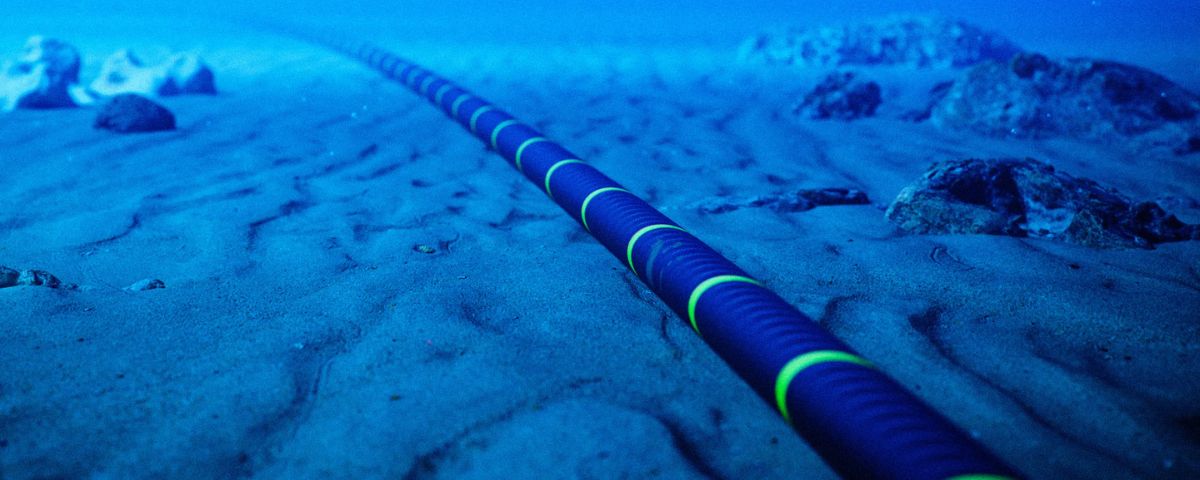
The Federal Communications Commission (FCC) has announced a comprehensive review of its licensing rules for submarine cables, which serve as vital infrastructure for global communication and economic activity. This marks the first major update since 2001, reflecting significant advancements in technology, economic considerations, and national security concerns over the past two decades.
Today we voted to launch a major, comprehensive review and update of licensing rules for submarine cables which transmit information between continents and fuel global communications and economic activity. https://t.co/006JbAjiV6
— The FCC (@FCC) November 21, 2024
Submarine Cable Licensing: A Historical Perspective
Submarine cable oversight predates the FCC itself, with foundational laws such as the Cable Landing License Act of 1921 and the Submarine Cable Act of 1888 emphasizing the importance of secure communication networks. As of December 2022, the U.S. oversees 84 FCC-licensed submarine cable systems supporting over 5.3 million Gbps of capacity, with an additional 6.8 million Gbps planned by 2024.
Proposed Updates to Licensing Rules
The FCC aims to streamline submarine cable regulations to enhance efficiency, security, and resilience. Key proposals include:
– More Frequent Reporting: Introducing a three-year periodic reporting requirement for licensees.
– License Term Reduction: Considering reducing the current 25-year license term.
– Enhanced Data Sharing: Improving data quality and facilitating better information exchange with federal agencies to bolster national security.
Focus on Security and Cybersecurity
The review aligns with broader FCC efforts to address national security concerns, including:
– New rules for international telecommunications authorizations.
– Enhanced protections for broadband routing.
– Initiatives like the Secure and Trusted Communications Networks Reimbursement Program, which funds the removal and replacement of high-risk communication equipment from U.S. networks.
Part of Broader FCC Cybersecurity Measures
In addition to submarine cable reforms, the FCC has launched programs to improve network security. This includes establishing an IoT cybersecurity labeling initiative and enforcing measures to safeguard broadband infrastructure.
The proposed submarine cable updates aim to modernize regulatory frameworks, ensuring this critical infrastructure can meet the demands of a fast-evolving technological and security landscape.



